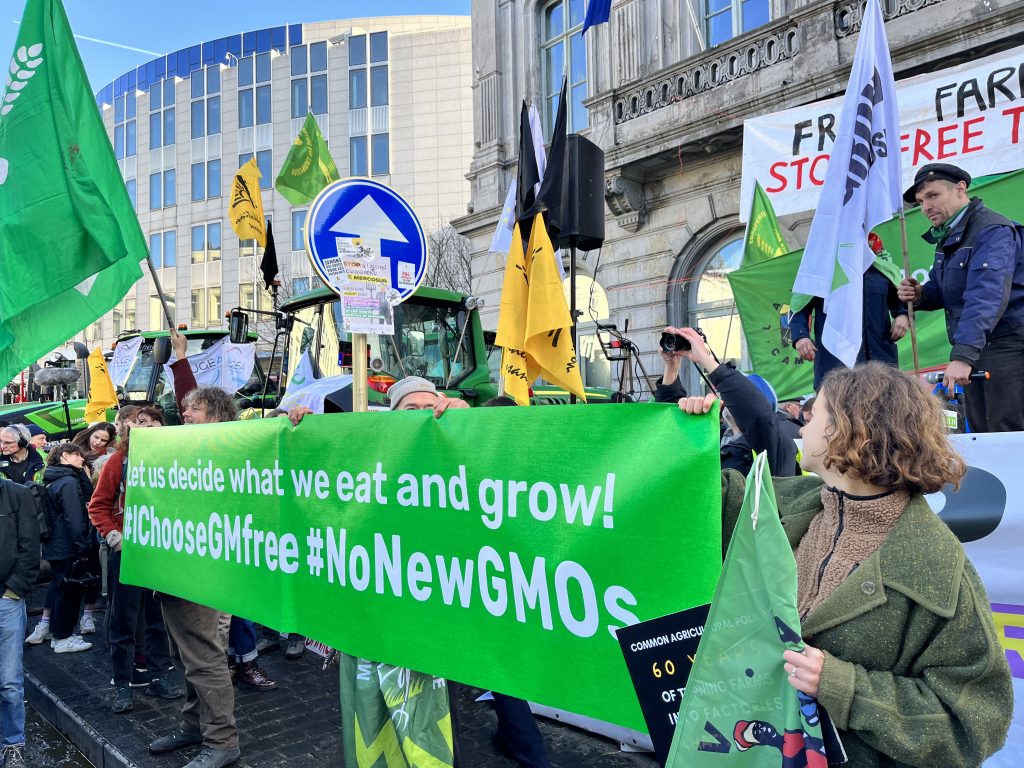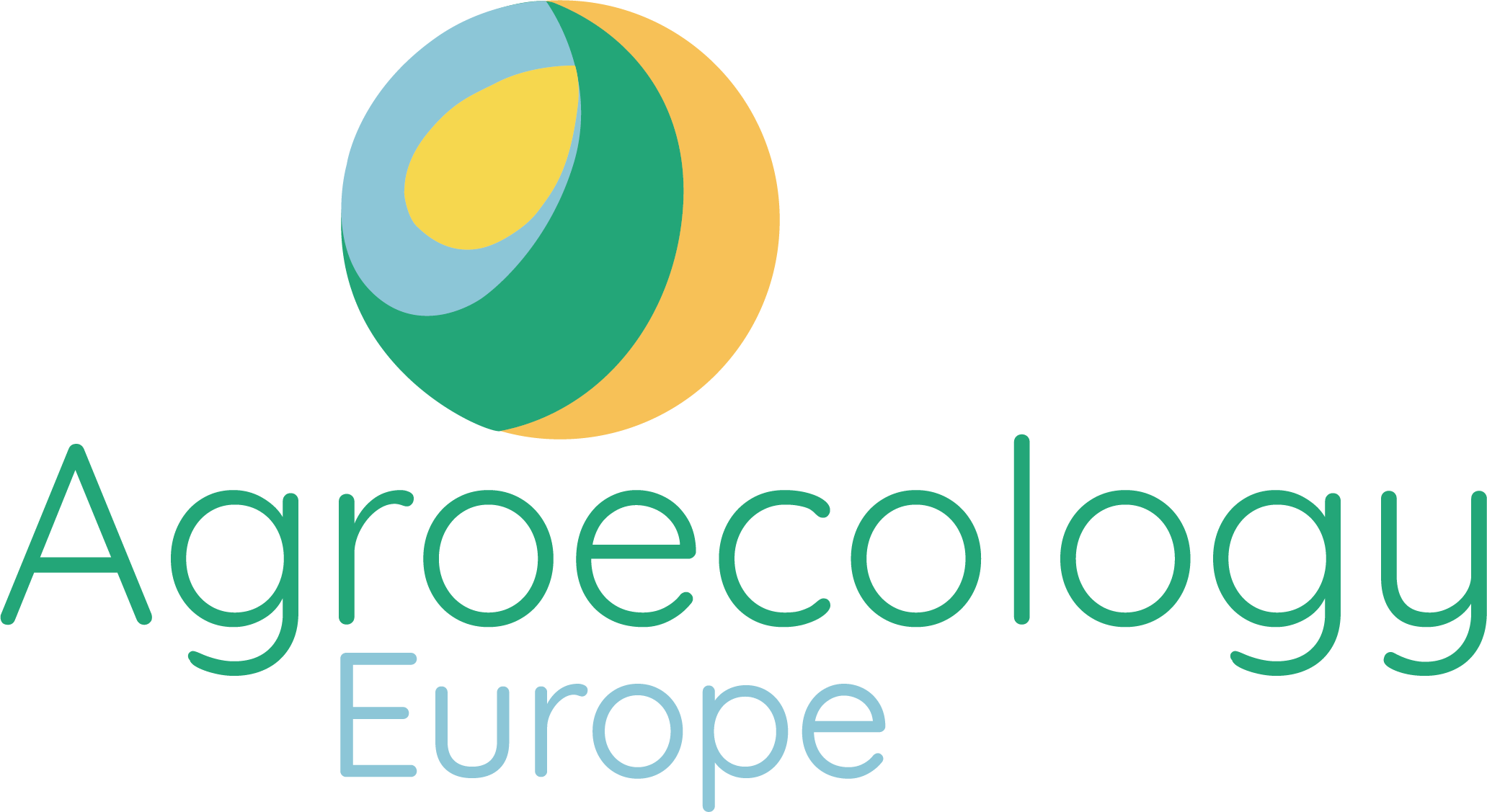The agroecology community is concerned about the development of the legislative proposal on new genomic techniques (NGT). On February 7, the European Parliament approved its amendments to the Commission’s proposal on plants obtained by certain new genomic techniques. The vote moves towards the deregulation of genetically modified plants, a worrying step for European biosafety and biodiversity. Controversial, misleading narratives surround the proposal that masquerades as contributing to sustainable food systems and food security, adapting to climate change, and reducing pesticide use. In reality, it threatens bioregional integrity and the free will of producers and consumers alike. A reductionist understanding of science for the sake of innovation, without ethical guidance, jeopardizes the precautionary principle.
It is positive that MEPs rejected the patenting of #seeds and genetic material. The patenting of life goes against all agroecological principles. The Parliament’s text also bans NGTs in organic production and maintains traceability provisions, leaving an opportunity to protect organic and GMO-free farming. The final regulation—a compromise with the Council—must preserve the freedom of farmers to NOT use genetic engineering and the freedom of consumers to keep their diets GMO-free. Consumers must stay vigilant to labeling and know the origin of their produce if they want to eat no GMOs. The best way for that is to know your farmer.
For all the challenges that NGTs claim to be a solution, agroecology offers real answers. Agroecological practices substitute costly, polluting, and harmful inputs for controlling weeds, pathogens, and pests in plants and livestock. They improve atmospheric nitrogen and carbon fixation and enhance plant nutrition for more flavourful, high-quality produce. Functional biodiversity, soil health, and strengthened biological regulation in agroecosystems reduce the current dependency on fossil fuels, harmful chemical substances, and unproven technologies. An agroecological food system provides the stability, reliability, safety, and abundance we seek—through working with nature, not against it.
More information on the legislation process
IFOAM Organics Europe press release

